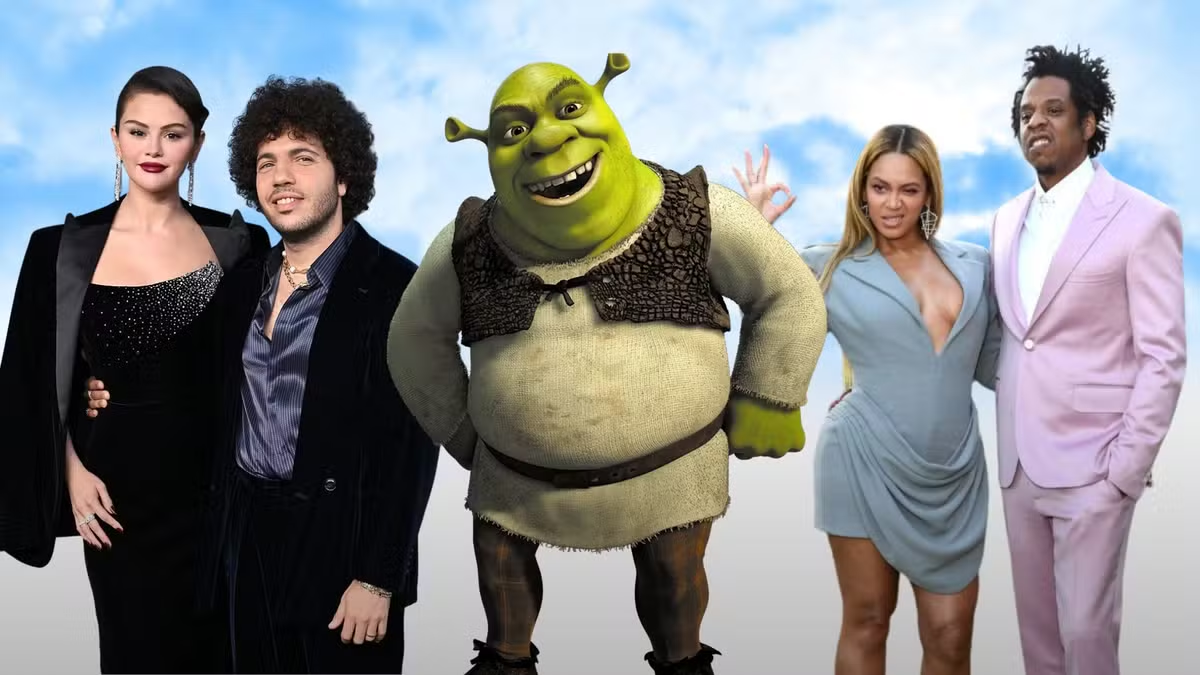
Ever since she was a child, craftsman Eduarda Mexias, 21, felt that she was different from her friends at school. While her classmates sigh at muscular boys, she is attracted to boys who differ from the stereotype of beauty. “I preferred non-standard body types, those that would be considered ‘fat,'” says the São Paulo native. For her, beauty has always been in the eye of the beholder. “When a woman like Selena Gomez has a relationship with someone who is out of line, she says he’s ugly and doesn’t suit her. But everyone has their own preferences. I love ugliness.”
- “Punitive Silence”: Find out how this behavior is practiced by your partner, friends, and family.
- Super independence in love: Does autonomy need to be limited in order to maintain relationships?
This behavior today has a name: “shreking.” This term was coined by Gen Z (those born between 1997 and 2012) after the demon in the movie Shrek, and symbolizes breaking the beauty standards of fairytale princes.
In the celebrity world, questions about the beauty of not only Selena Gomez’s partner, but also other pop culture muses such as Beyoncé, Lana Del Rey, and Ariana Grande, have surfaced on this topic.
For psychoanalyst Eduardo Omertek, a scholar on the subject, behavior reflects a woman’s emotional exhaustion. “It stems from women’s saturation with the demands of expressing beauty as a currency of emotional value,” he says.
/i.s3.glbimg.com/v1/AUTH_da025474c0c44edd99332dddb09cabe8/internal_photos/bs/2025/F/b/yeX1saREiORVQkZfqDhw/whatsapp-image-2025-11-07-at-13.36.51-1-.jpeg)
Experts say celebrity choices act as catalysts for the collective unconscious. “They don’t set trends, they just reveal them. When ordinary women choose non-standard partners, fans question their own standards.”
Publicist Donna Cristian, 23, prefers “ugly” partners, but wonders if her love choices are truly based on admiration or if she’s camouflaging fears of abandonment. “I’ve always tended to want some control over my relationships, so when I’m with someone who doesn’t get a lot of attention, I feel less threatened,” she confesses.
Eduard Omertek understands the “shield” behind Schreking from a psychoanalytic point of view. “When choices are made out of fear of loss, love becomes a refuge rather than an encounter,” psychoanalysts warn.
/i.s3.glbimg.com/v1/AUTH_da025474c0c44edd99332dddb09cabe8/internal_photos/bs/2025/N/K/uMgbQJTnG3rBosKtzCJg/would-shrek-and-fiona-have-still-gotten-married-if-he-v0-ulgl3ekm8xbe1.webp)
Historian Mary Del Priore recalls that since the 19th century, ideals of beauty were imposed by images that dominated the imagination.
“We’re tired of handsome narcissists. Heartthrob types aren’t interesting anymore. What attracts men today is presence, humor and emotional maturity,” says the historian.
However, Mary was left with the question, “Men can be ugly, but women can’t?”



